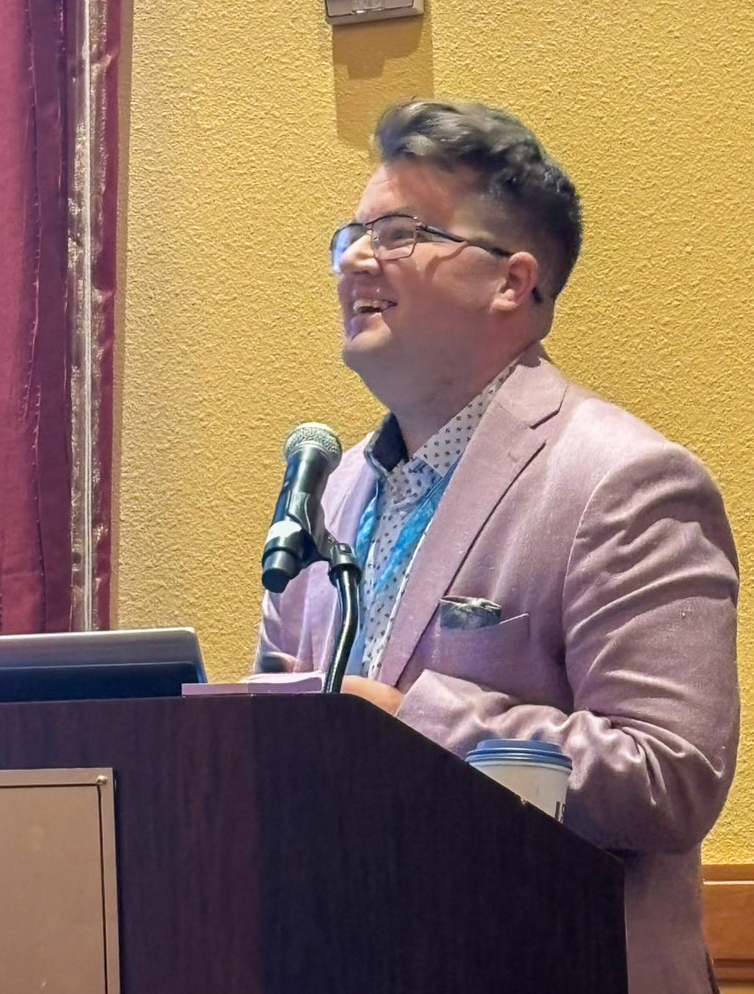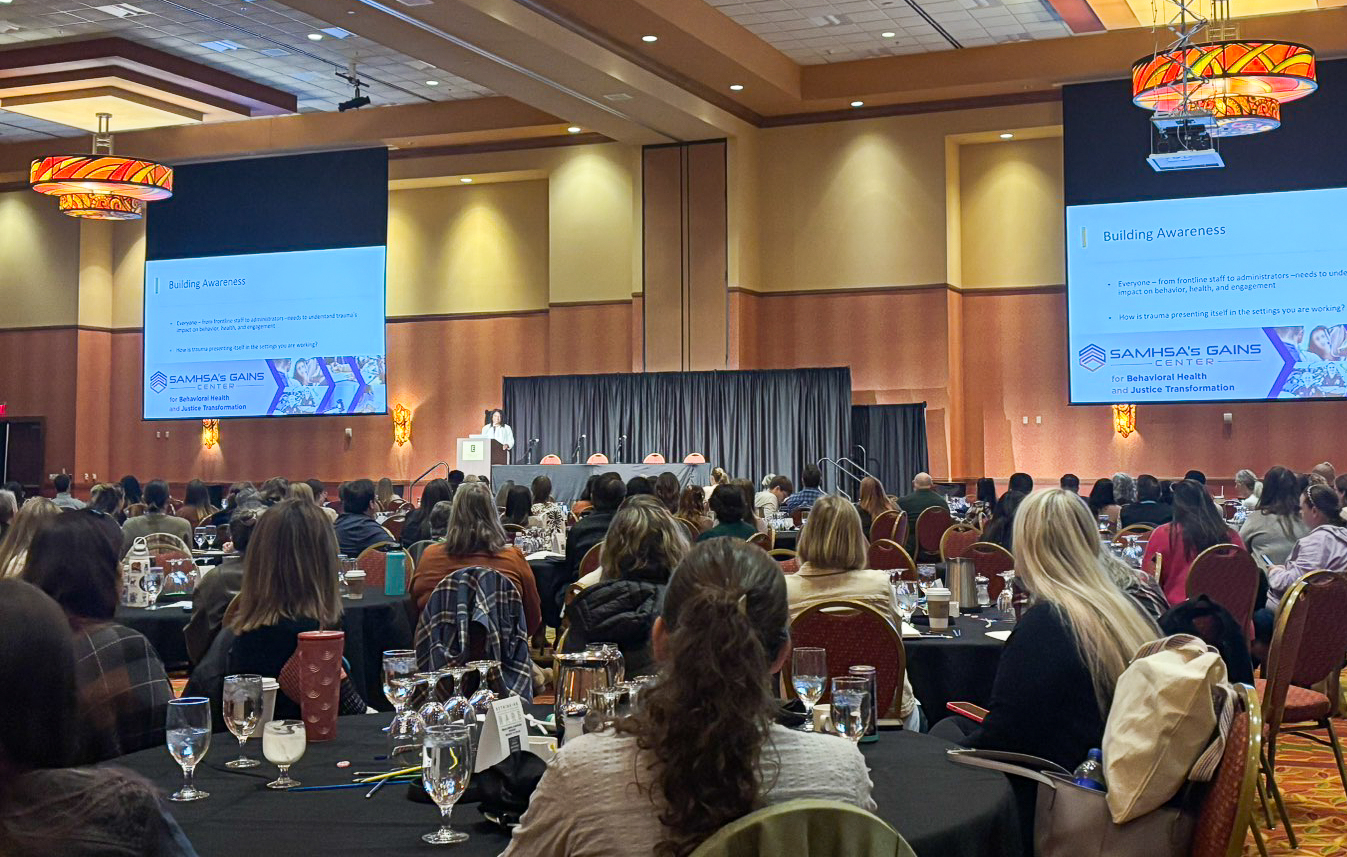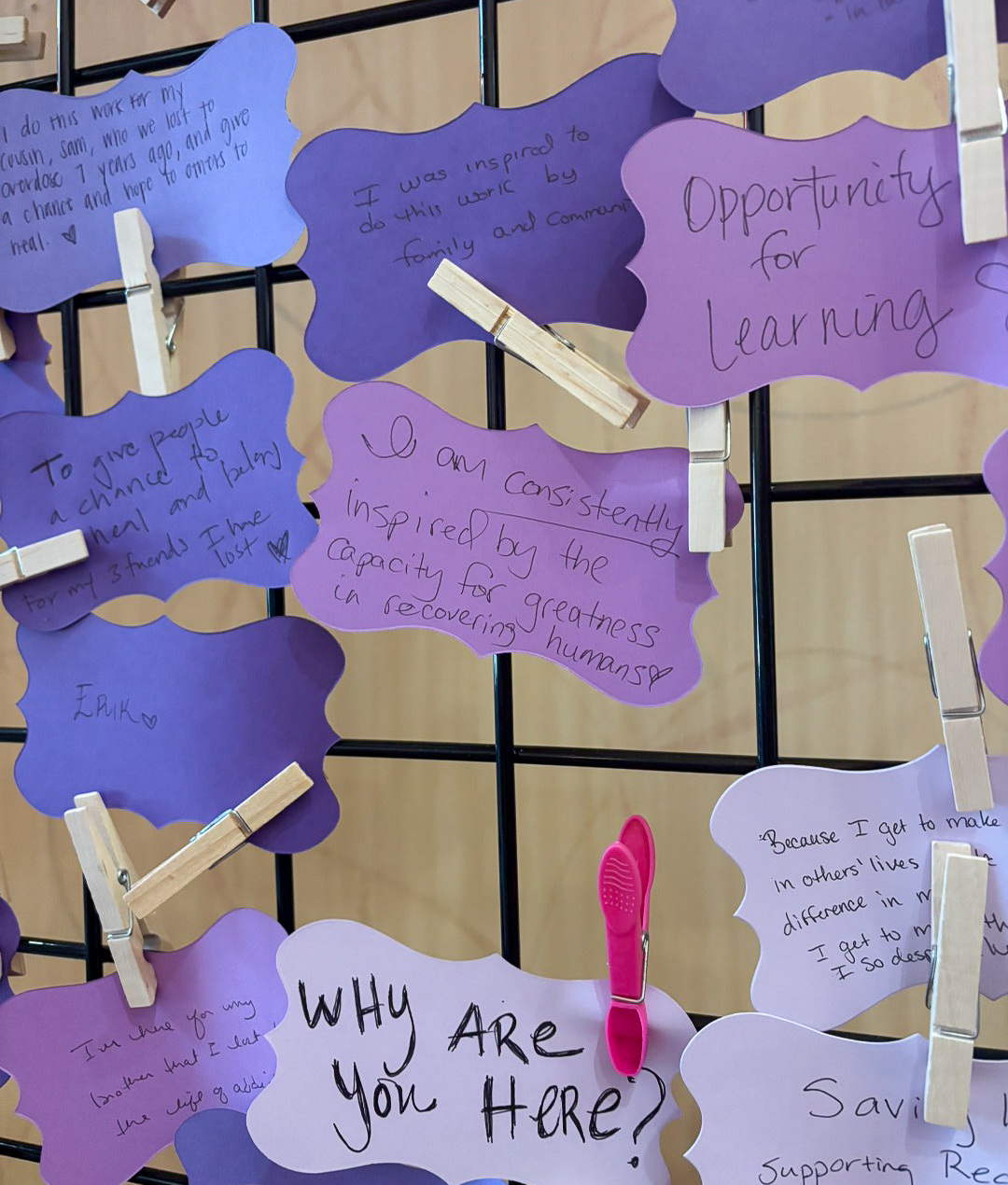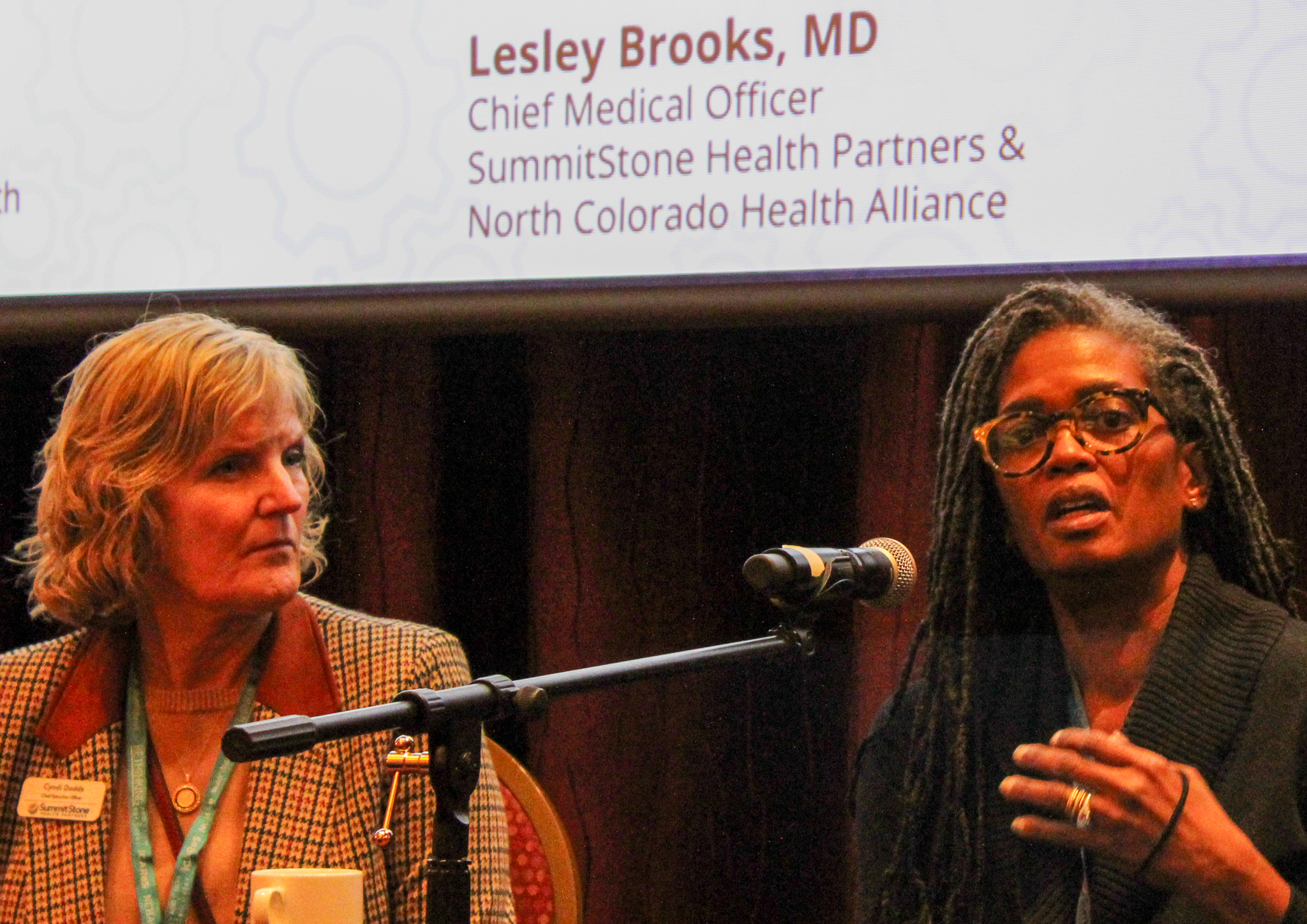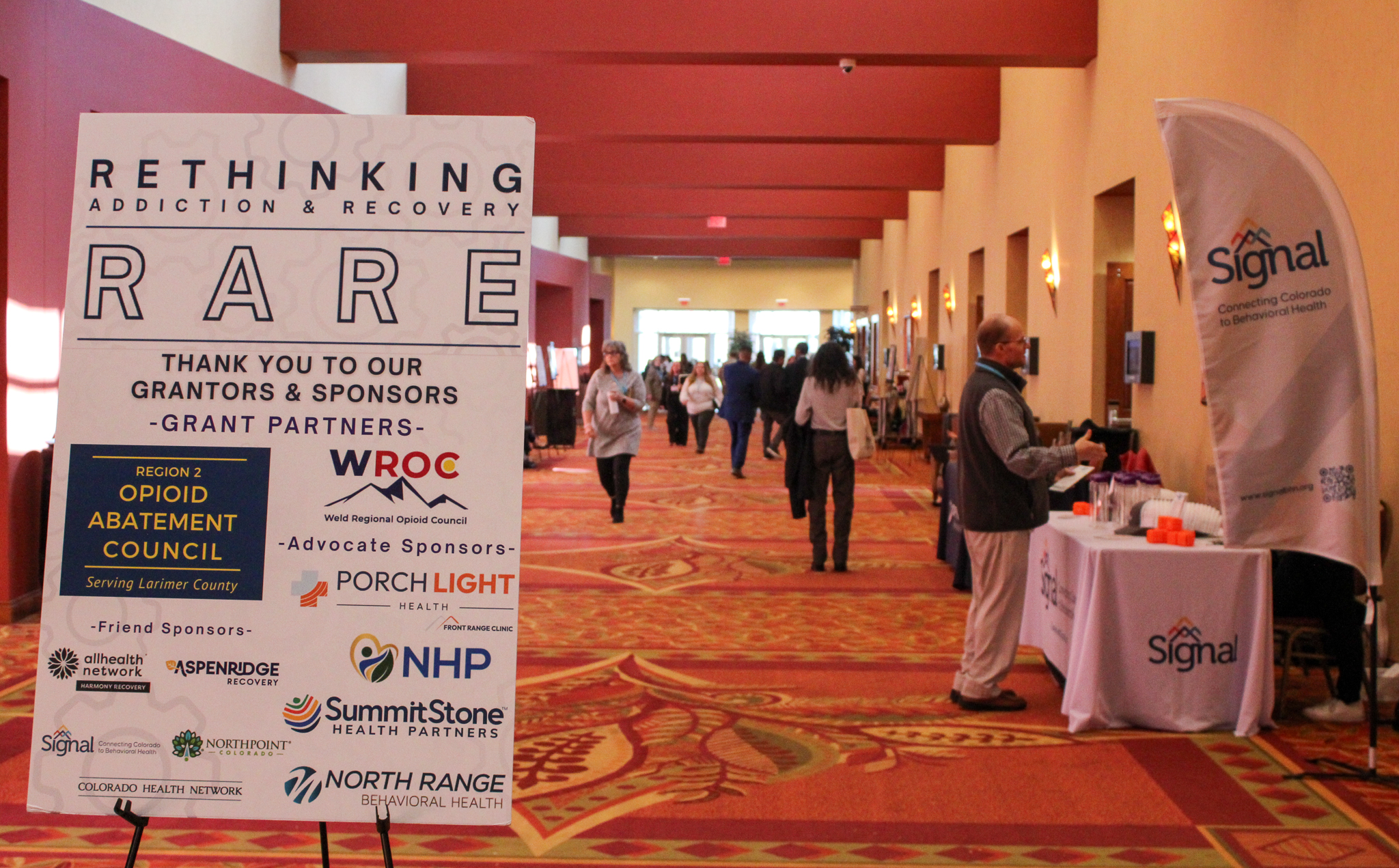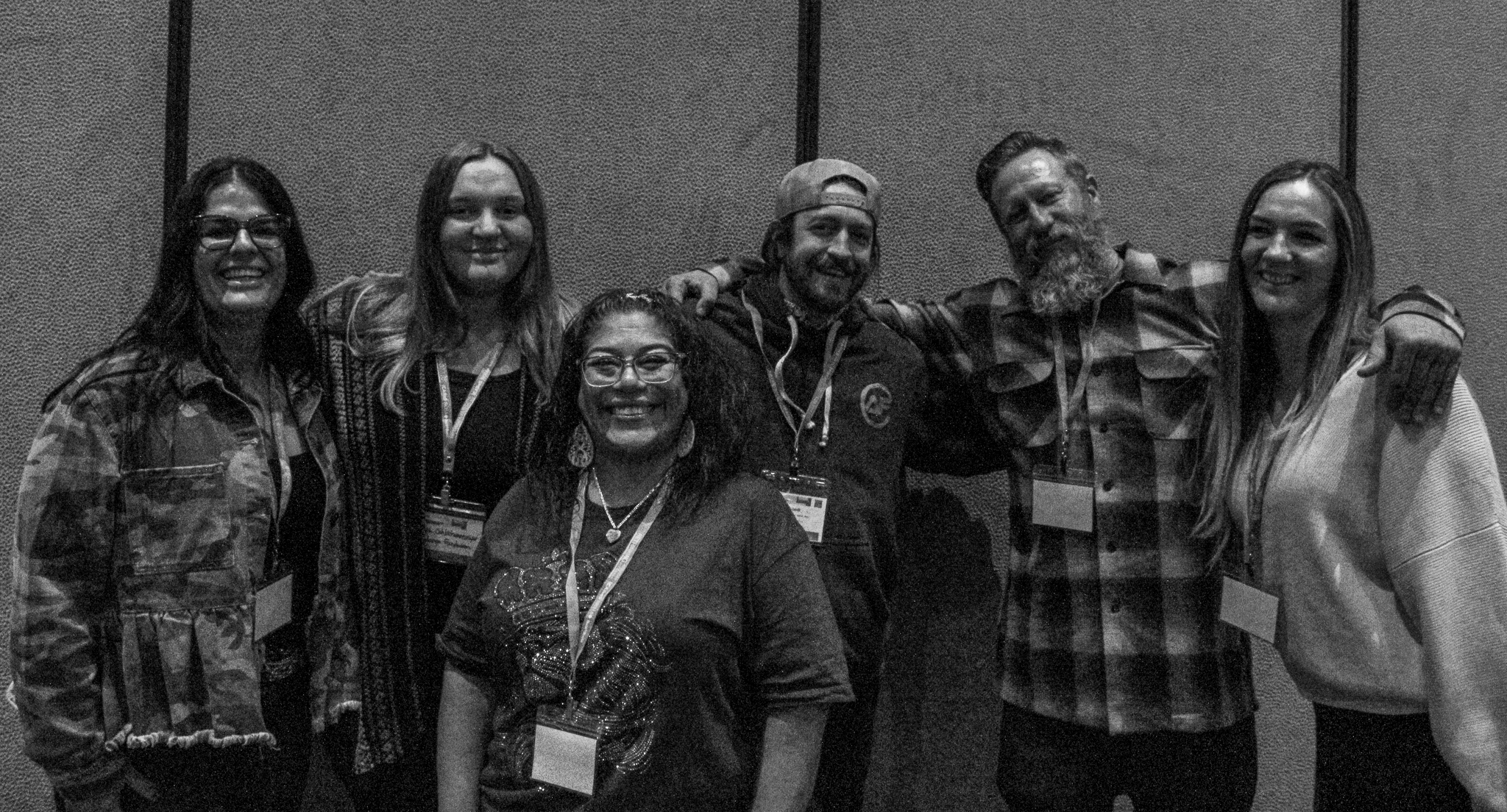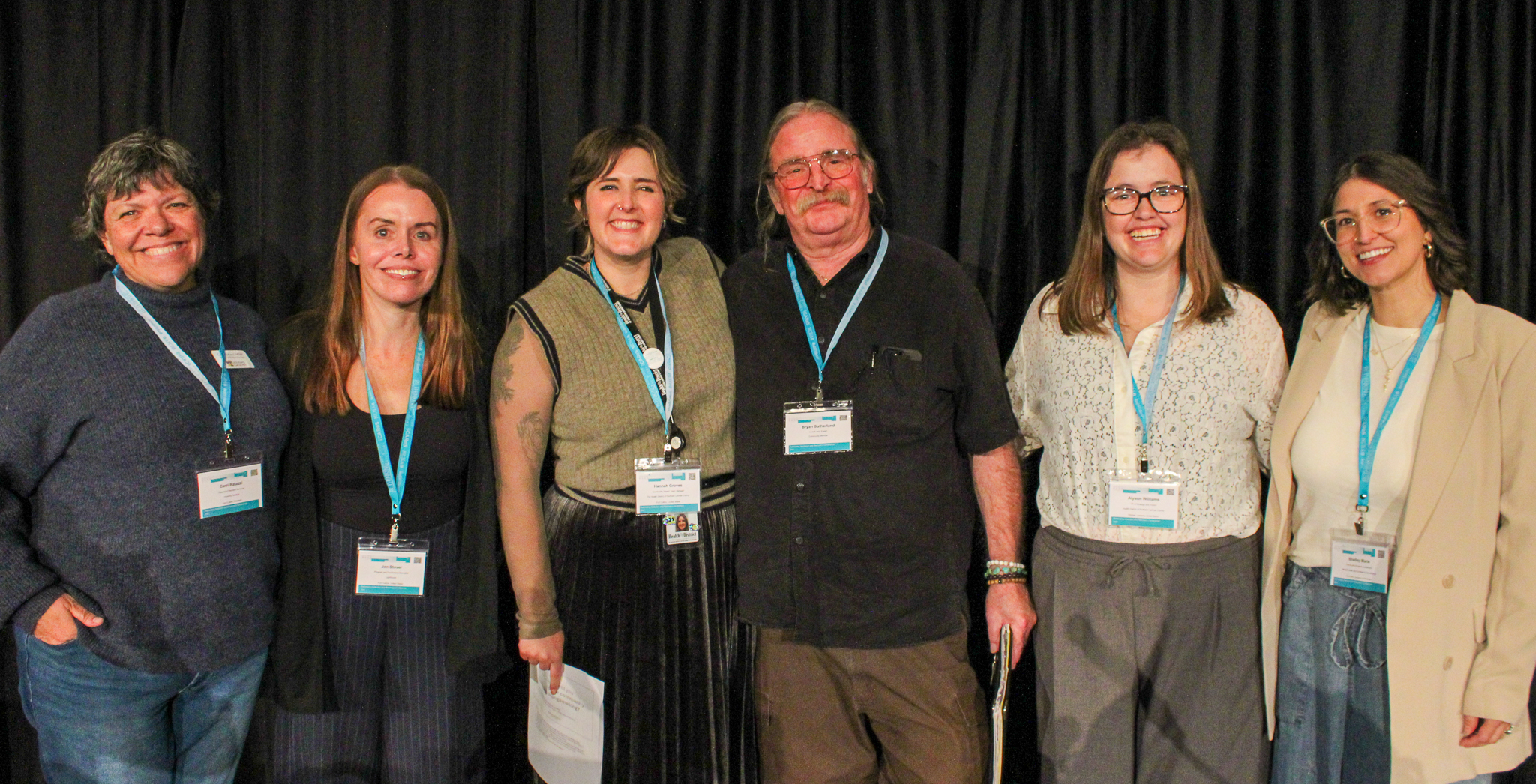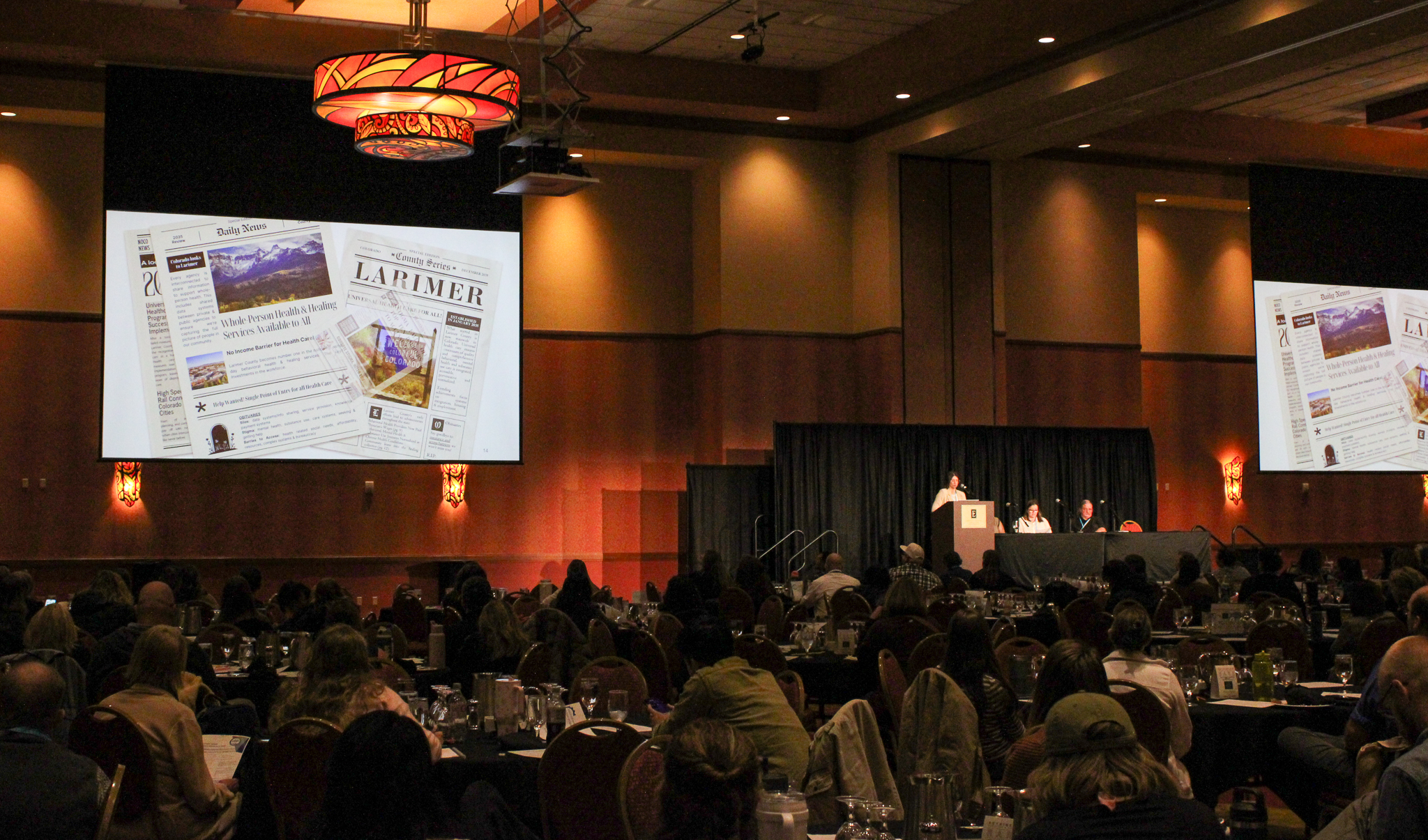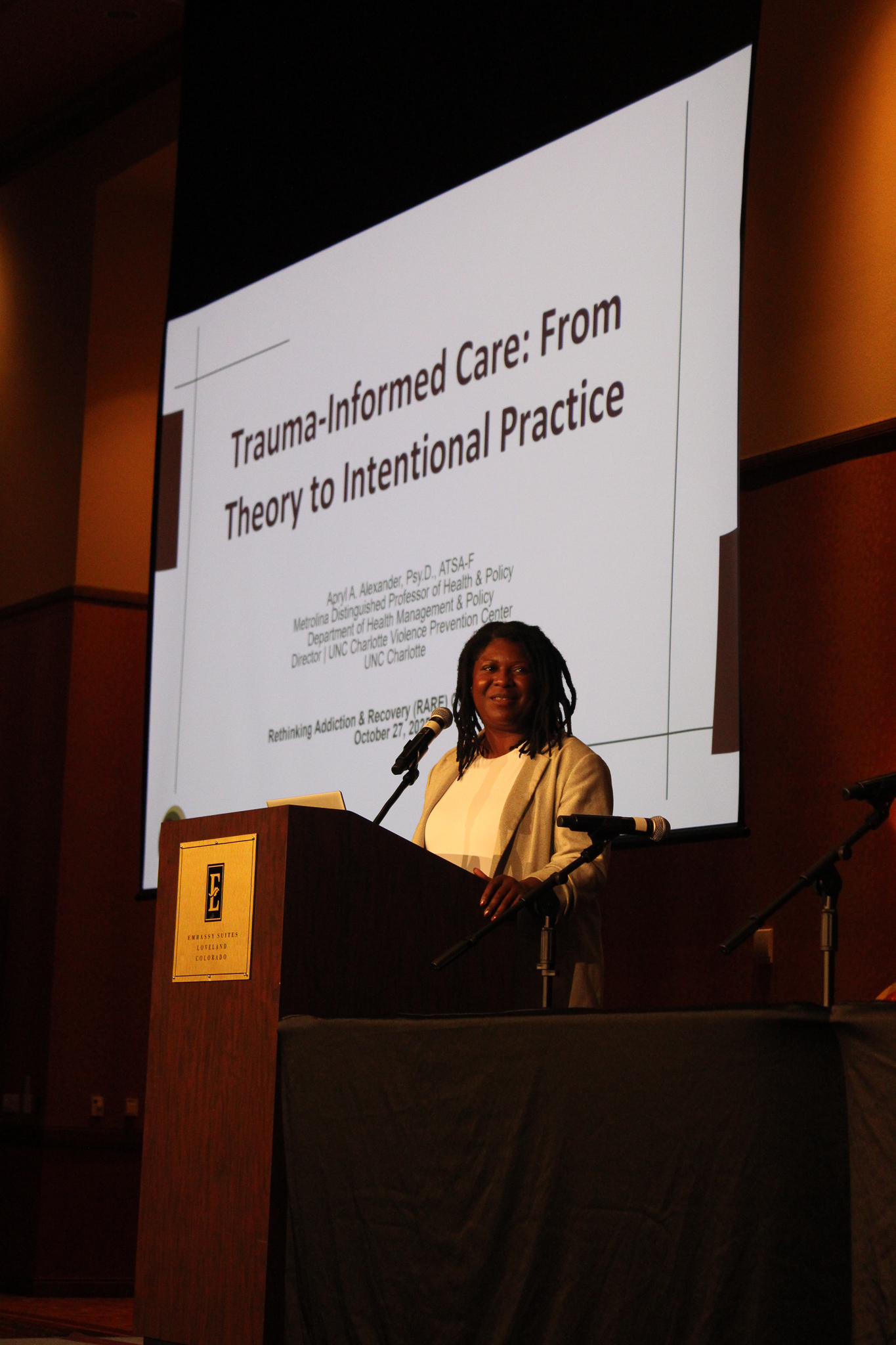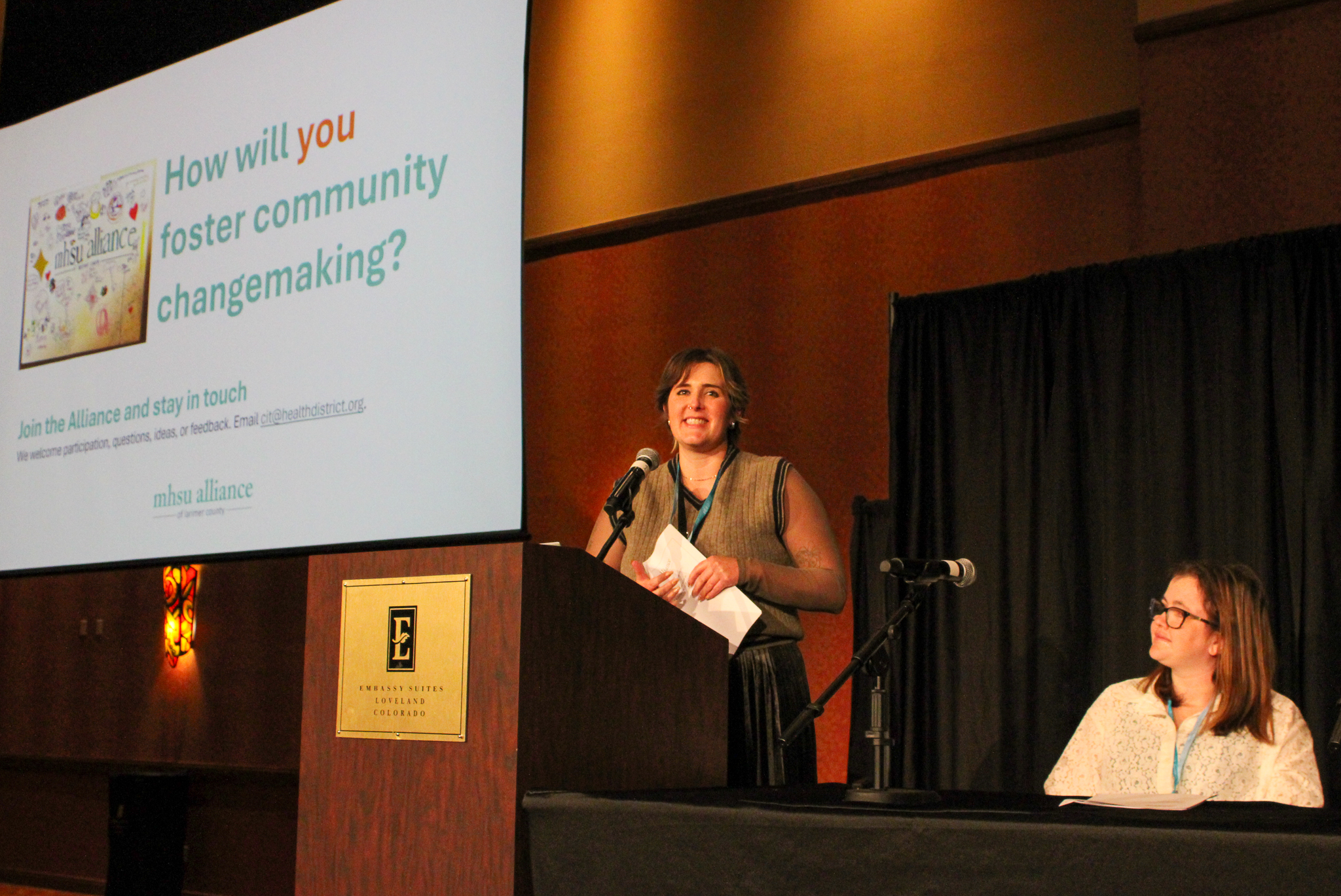RARE conference in Larimer County challenges mental health, substance-use professionals to shift perceptions about addiction
The Conference Center at the Embassy Suites hotel in Loveland hummed with energy Tuesday as professionals from across the region and U.S. came together for the 2025 Rethinking Addiction and Recovery Conference.
What started as one speaker in a room at the Lincoln Center in Fort Collins eight years ago has grown into a free, full-day education summit. It’s designed for people to sharpen their skills and collaborate with others moving proverbial boulders up hills every day to improve well-being in our communities.
More than 600 attendees registered to attend the 2025 event, jam-packed with sessions led by regional, statewide, and national experts in the fields of mental illness, addiction, recovery, research, prevention education, community-building, and more.
Speakers challenged attendees to critically look at how they are caring for clients, as well as equipped them with tangible tools, such as caring for specific groups of people – think teens versus older adults or pregnant women.
Throughout the day, one thing was loud and clear: Addiction is not a choice, and it does not discriminate. But there is hope. Recovery is possible.
Brain science tells us a person’s desire for drugs or alcohol vastly outweighs their desire for even food or water, when they have a substance-use disorder. That substance use over time fundamentally changes the brain, as explained in this Changing Minds Larimer campaign video, and cravings can continue for even two years after a person is in recovery.
“People don’t get into addiction overnight, so they’re not going to get out of it overnight,” said Dayna Deherrera-Smith, director of community engagement and development for Porch Light Health. Deherrera-Smith was one among several experts who fielded questions during the “Ask Me Anything” panel discussion.
What it takes to get sober and remain in recovery looks different for every individual. It could involve getting support from a 30-day residential or intensive outpatient program, use of medications that can restore a person’s control and relieve physiological cravings, building community with those with lived experience – or a combination of things.
“There’s no cookie-cutter treatment. It’s different for everyone and the amount of accountability they need,” said Izzy Pike, director of prevention services with Colorado Health Network, when answering a question about different medications used to treat opioid-use disorders.
What should be common across all treatment approaches, she said, is “honoring different paths” that people choose for themselves.
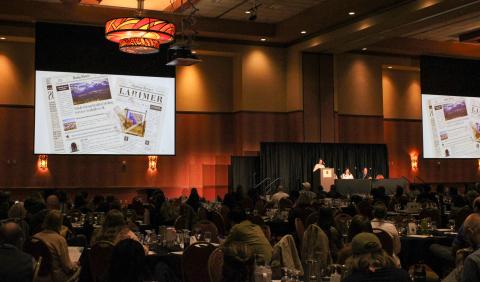
During a large-group activity, members of the Mental Health and Substance Use Alliance asked participants to share some of their values, as well as hopes for the future of Larimer County and the greater community.
“Connection.” “Belonging.” “Safety.”
These were among the words that began to pop up onto two massive projection screens hanging in the conference center ballroom.
They also envision a time when physical and behavioral health care is accessible to all; Larimer County’s suicide rates fall to an all-time low; and stigma and judgement exist no more.
What could that look like?
People would no longer tell those with substance-use disorders: “Just stop using,” because society would have a shared understanding of what addiction really is and what it takes to treat it.
And that is the crux of the Rethinking Addiction and Recovery Conference.
We appreciate the team from Northern Colorado Collaborative for Addiction and Recovery Services (NoCO CAReS) and everyone who made the event a success, including but not limited to: the North Colorado Health Alliance, the Health District of Northern Larimer County, North Range Behavioral Health, SummitStone Health Partners, Porch Light Health, and Colorado Health Network.
Larimer County Behavioral Health Services was among several planning partners and sponsors for the event.
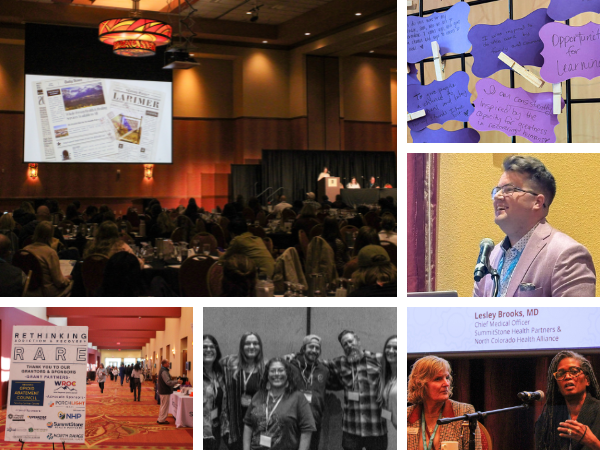
Madeline Novey
Communication Coordinator
Behavioral Health Services
970-619-4255
noveyme@co.larimer.co.us
Click a photo to enlarge.
